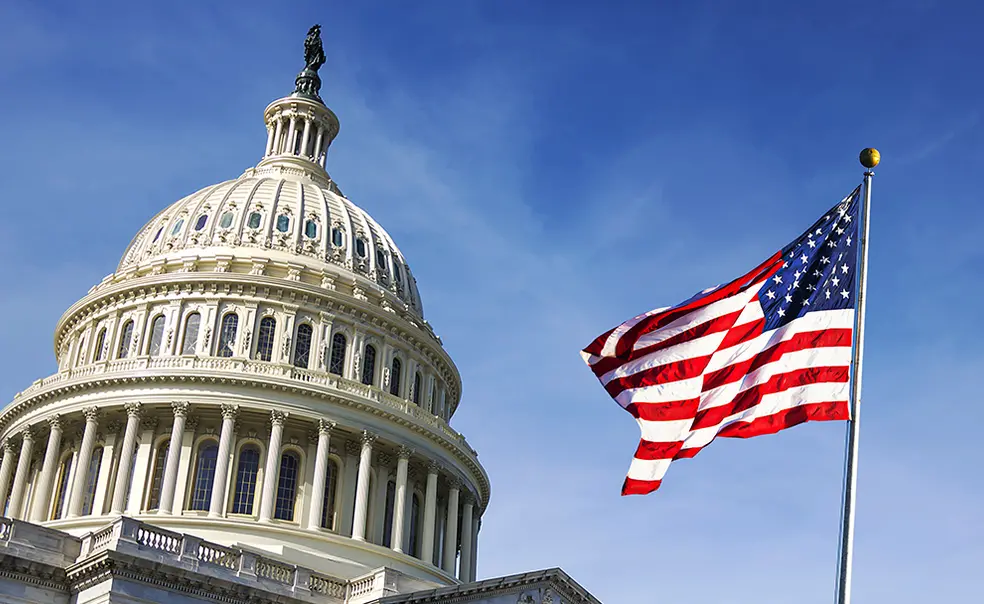Scientists Speak Out Against Threat of Authoritarianism
The Princeton scientists became frustrated there’s been no organized or popular resistance
Close to 4,000 scientists, led by several from Princeton, are speaking out about the threat of American democracy giving way to authoritarianism.
They say the nation faces a crisis, with a pressing need for scientific responses to the pandemic, climate change, nuclear weapon proliferation, and racial and economic injustice.
Scientists sometimes shy away from political discussions, said organizers of the Scientists Statement in Defense of Democracy, but those who have signed the statement have been eager to add their voices to the call. It asks “all people of conscience to consider and to act on these issues through the full exercise of their democratic and civil rights.”
“We view that the U.S. is at a turning point, drifting away from democracy toward an authoritarian form of government,” said astrophysical sciences professor Stewart Prager, one of the organizers. The Princeton scientists were frustrated that there’s been no organized or popular resistance.
Prager compared it to the social-justice reckoning this summer, which drew calls and protests from all corners to end racism. It was great, he said, but why hasn’t there been a similar response to the threat of authoritarianism?
“The discussion we’re having is not being had, for example, in Princeton University, to my knowledge,” he said. “We felt something needed to be done.”
Frank von Hippel, senior research physicist and professor of public and international affairs emeritus, said the discussion about this movement began back in February. Ten people affiliated with Princeton are lead signers on the statement. Other organizations including the Union of Concerned Scientists and the Federation of American Scientists are also involved.
The scientists hope to inspire other groups to rise up. Already the statement has had an impact on the scientific community, “in terms of realizing how broadly shared these concerns are and hopefully empowering us to do other things,” von Hippel said.
“What struck me in my part of recruiting these people is nobody said no. Everybody shared these concerns,” he said.
Von Hippel said his parents left Germany in 1933 as authoritarianism rose. His father and grandfather were both physicists, and his grandfather, Nobel Prize recipient James Franck, made a public statement of protest when he resigned from his professorship, which was a government appointment. He said this family history contributed to his belief that scientists need to inform the public as well as the government.
“My responsibilities toward society have been a recurring concern,” he said. “During the Vietnam War period, the concerns of my students, further elevated… my own consciousness of my social responsibilities.”












1 Response
Norman Ravitch *62
5 Years AgoOn Scientists’ Protests
Professors should not waste their time protesting racism; anyone can do that. Instead, in our COVID situation they should urge that all scientists and physicians in the fight against the virus associated with the criminal White House immediately en masse resign. That would accomplish more than pretending morality about racism. Everyone is racist to one degree or another, and if we cannot admit this we are hypocrites and worthless.